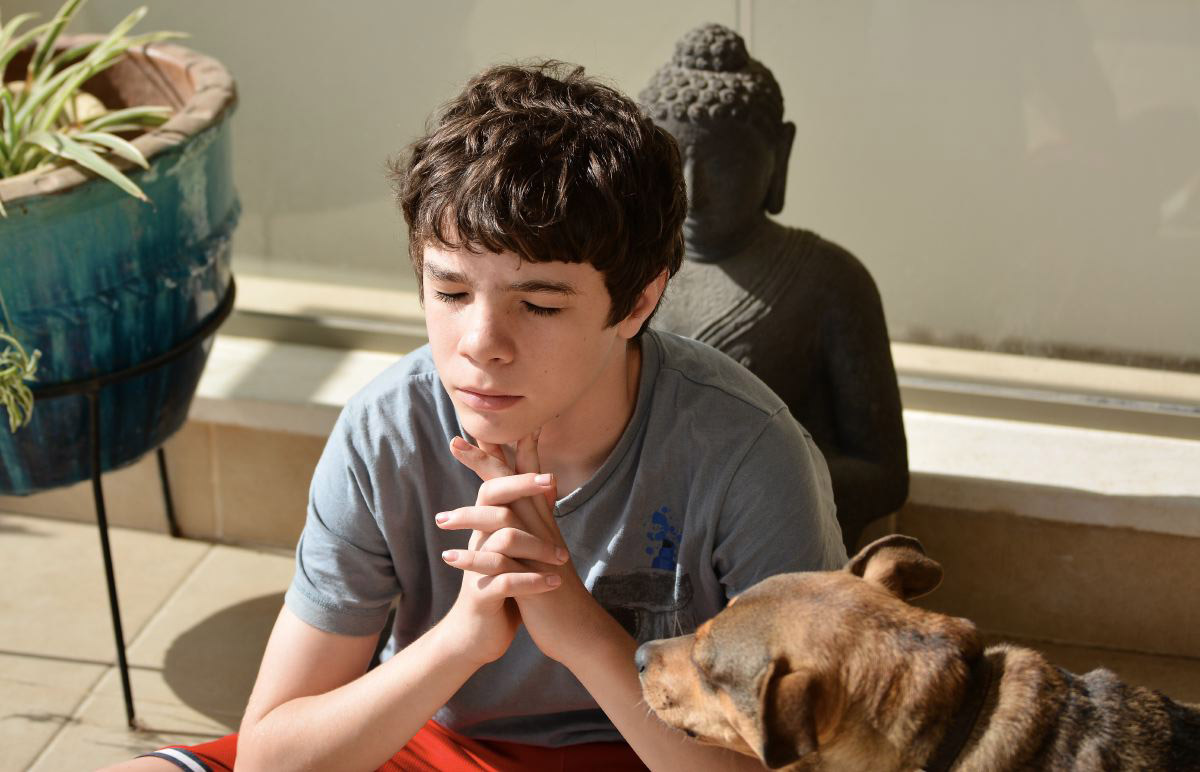
TURNING PROFESSIONAL
Occasionally I’m asked if becoming a professional photographer would be a good career choice. I have to answer that it all depends: Photography is a very rewarding hobby, but as a profession it can be very challenging in many ways.
With the benefit of hindsight, here’s a few tips that you may find useful to develop your own career.
Assisting
The best time to start a photography career is before you have any serious financial commitments – for most of us this is before we have a family. The best way to learn the business is by working as an assistant to a variety professional photographers. Initially you may have to work for free, or for low wages.
Assisting is an invaluable way to gain work experience that will serve you well in the future. You need to have a reasonable knowledge of basic photography, and a friendly personality. When interviewed don’t make the mistake of showing the photographer your portfolio – you are applying to assist, not to shoot, so impress by your willingness to be helpful, committed and professional.

I took this shot during a presentation at my local networking group. Opportunities like this give you the freedom to practice creating good results in diverse circumstances without the pressure of making a professional commitment.
Are you ready
If you already have a career but would love to develop photography as a secondary business it may not be possible to take the assisting route. I’d still advise you, however, to occasionally assist different professional photographers to experience a variety of techniques, attitudes and business methods.
Before you start charging for your services it’s a good idea to find simple assignments that test your ability to take good pictures for other people: You could offer to shoot family events, take shots for a local school or a friends website, etc.
And seek out opportunities that take you outside your comfort zone: Photography is the sort of business that no matter how well you prepare in advance there will always be challenging circumstances to deal with. When you feel confident of producing good pictures, even in unfavourable conditions, you’ll be ready to take on professional assignments.
Challenges

Working quickly under pressure and creating good results is often required in professional photography.
I took this shot early in my career for a fashion spread in a bridal-ware magazine. I was not very experienced at the time and had to solve several problems on the spot while under pressure.
We were in the corridor of a luxury boat with very little space to set up and to work in. It was shot on transparency film so I didn’t have the luxury of being able to Photoshop it afterwards: I had to light it, direct the model, and make sure the exposure and composition were spot on because how it came out of the camera was how it would be printed.
I set up flash lighting in softboxes on each side of the model and took a quick test shot. The exposure hadn’t recorded the soft glow of the lamps so I had to lower the shutter speed, then alter the aperture and flash-power combination while the Art Director looked over my shoulder expecting results.
This is typical of the sort of pressures that crop up when working professionally in different situations. The good news is that for each difficulty you overcome your confidence will grow. Eventually it becomes a pleasure to accept more challenging work because you can guarantee excellent results.
Backup!
It’s pretty obvious, but worth mentioning, that it’s vital to have backups of all your essential equipment. Double check that everything works perfectly and take nothing for granted. Always have on hand a second camera, lenses, memory cards, batteries, speedlights, etc, etc. Blaming equipment is not an excuse for failing to create professional results.
I heard of a photographer who discovered, after shooting an important event, that his memory card had failed to record any pictures. He had to pay an enormous amount of money to restage the entire event and reshoot it. So please take care!
Marketing
Unfortunately experience, technique and creativity are not a recipe for success in the photography business: Marketing, promoting, networking and making good connections are at least as important if you are to succeed in this remarkably competitive profession.
Most pro photographers are freelancers and have to find their own clients. This can be a very precarious way to make a living unless you are happy to spend most of your time and energy on creating new business. Unfortunately photographers agents are not interested in finding jobs for struggling freelancers – they are there to help successful people handle even more work.
The bottom line is: Don’t give up your day job until you can’t afford to keep it!


